Following an EU Foreign Affairs Council meeting on foreign economic affairs, Hungary's Minister of Foreign Affairs and Trade Peter Szijjarto held a press briefing in Brussels. He remarked that the meeting occurred at a time when Europe's economy and competitiveness are at their worst. Unfortunately, the EU's economic policy today is characterized by failure and a lack of success," he underlined.
In contrast, the Hungarian model, which has resulted in record investment of more than €13 billion coming to Hungary, reflects the right approach to foreign policy and foreign trade, Mr Szijjarto added. He underlined that the evasion of sanctions is large-scale and leads to complications, meaning that
the sanctions do not work. He said Brussels' sanctions policy has failed, it does more harm than good and benefits.
However, people tend to draw different conclusions from this failure, the minister stressed. Those who take a rational approach, including the Hungarian government's position, conclude that the sanctions make no sense, while the other bloc believes in further intensifying the previous measures.
Also, there is no meaningful assessment of the impact of the sanctions, Mr Szijjarto told the press briefing.
At the same time, he also criticized the lack of solidarity, referring to EU proposals - whether nuclear or other energy sanctions - that would threaten the energy supply of several member states.
With regard to the nuclear industry, he also pointed out that while Europe was imposing sanctions, the US was buying record amounts of uranium from Russia.
He also stressed that there have been proposals from member states that would make Hungary's oil supply completely impossible. "I wonder who in Brussels would like to stand before Hungarian citizens and explain that they are sorry, but they cannot guarantee a secure oil supply."
Speaking about the upcoming meeting of the World Trade Organization (WTO), Hungary's foreign minister took a broader approach to economic trends. He said that instead of creating blocks, we should focus on promoting East-West cooperation. Moreover, he said, cooperation with the East in sectors forming the backbone of the European Union is already significant, so by breaking these up, Europe would shoot itself in the foot yet again. He said:
Let the companies work at their own pace.
In response to questions from the press, Mr Szijjarto emphasized that even European leaders are not yet able to see the need to come up with a "Plan B" for military and financial assistance to Ukraine, because "Plan A", which was to provide the country with a high level of assistance that would lead to military success, has failed. FM Szijjarto described recently surfaced reports that a peace agreement was in the pipeline as early as last March, but it suddenly failed, as interesting, because news reports about a potentially positive outcome were indeed cut off rather abruptly.
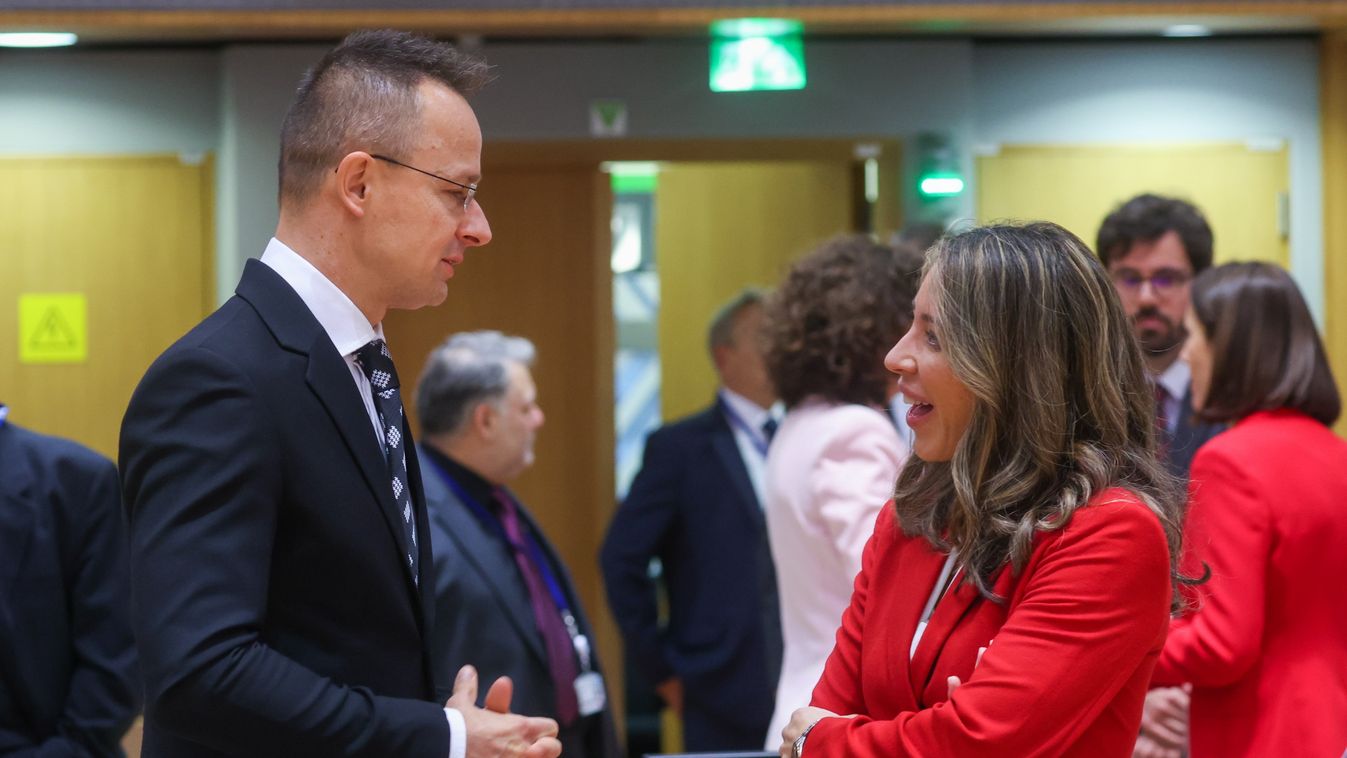

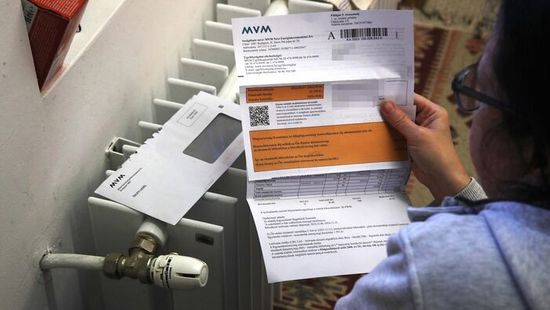
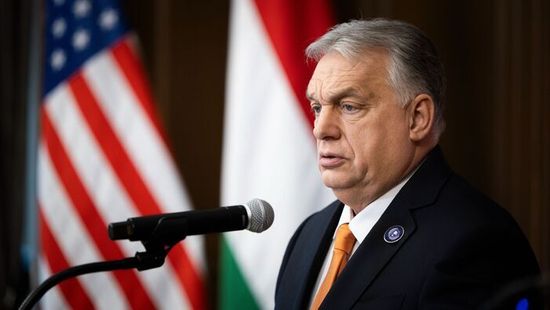
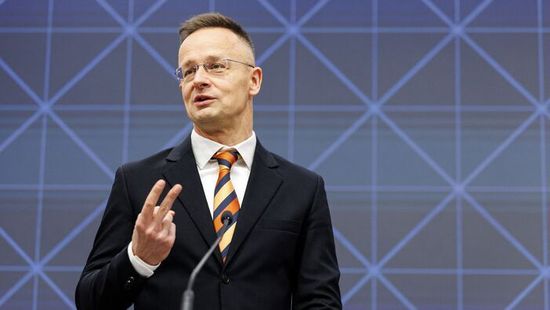

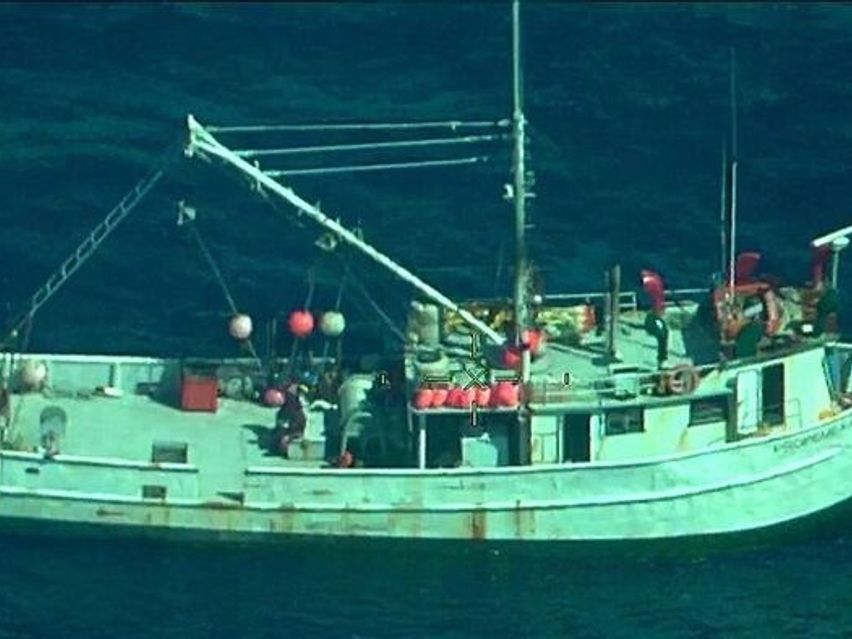

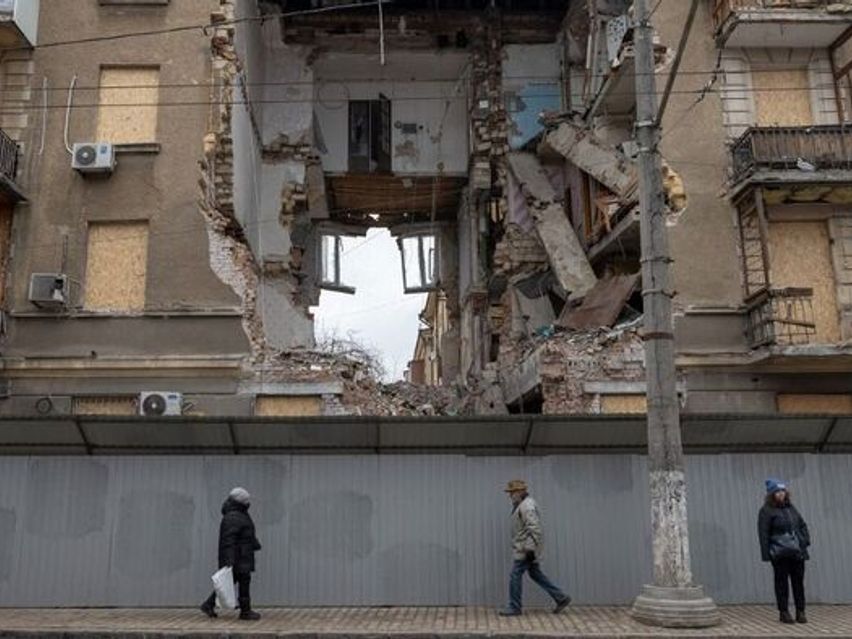
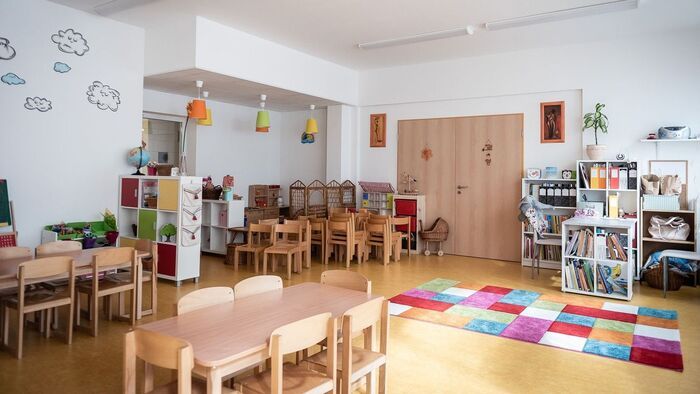

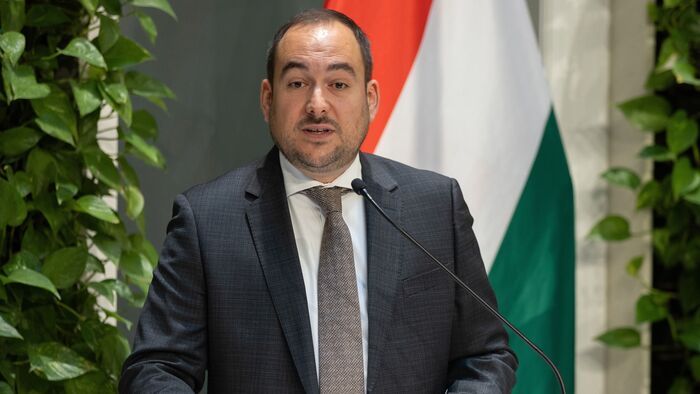
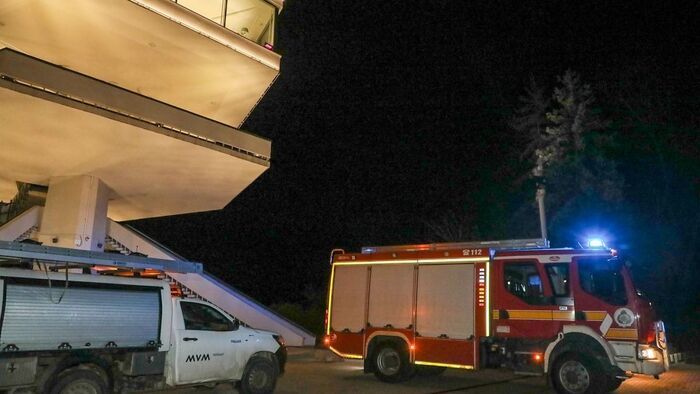
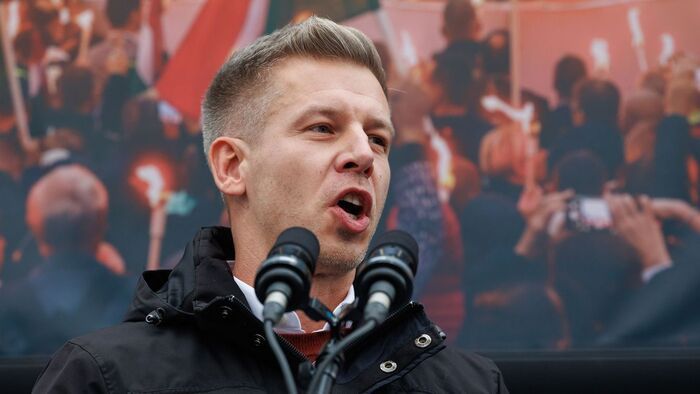
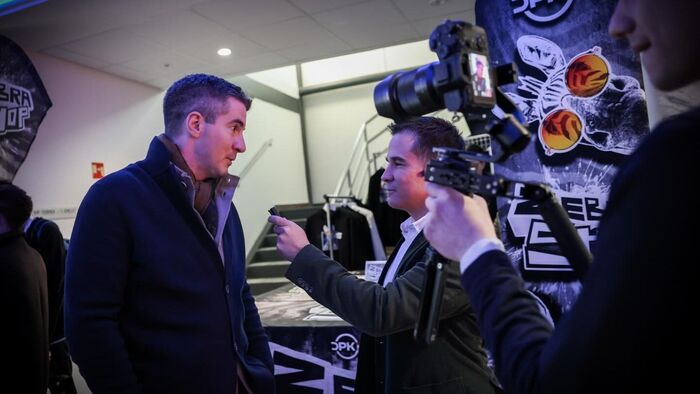
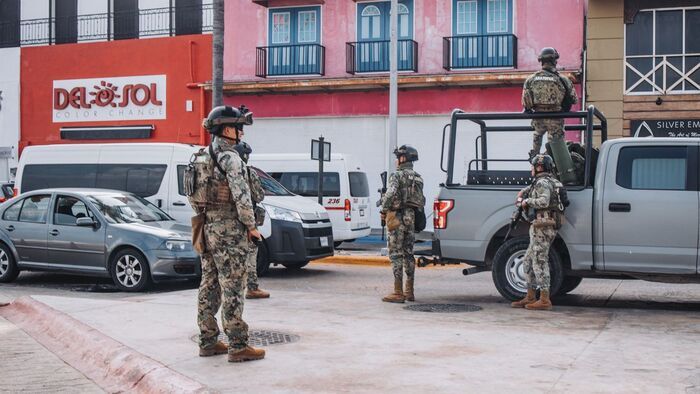
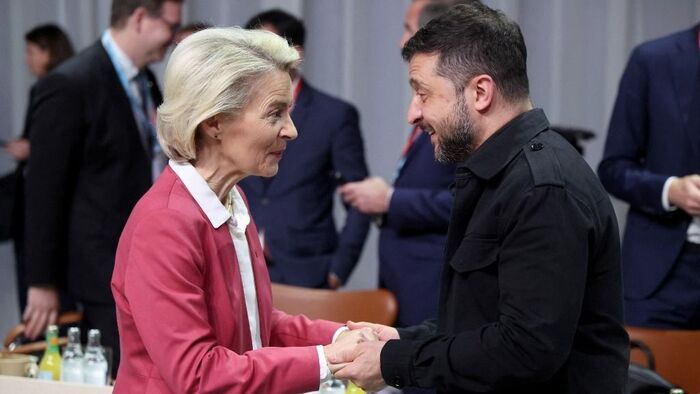
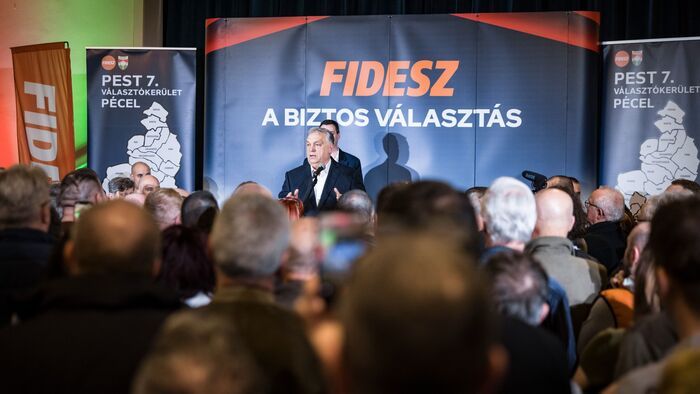
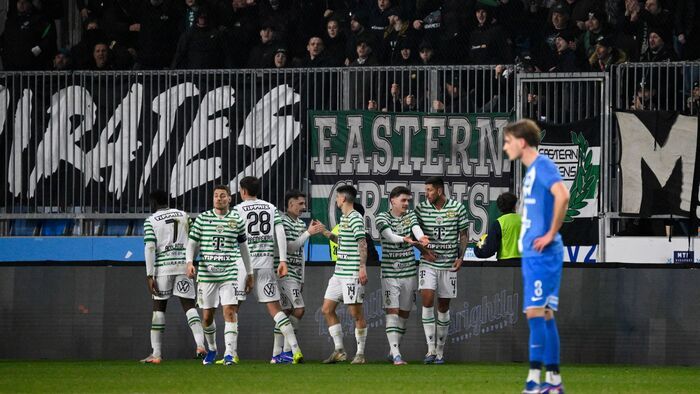

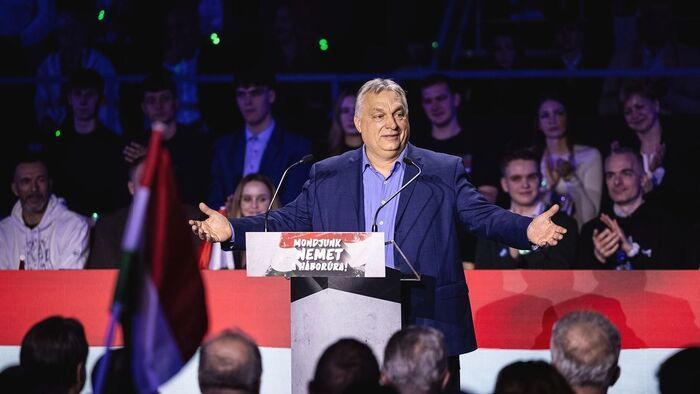

Szóljon hozzá!
Jelenleg csak a hozzászólások egy kis részét látja. Hozzászóláshoz és a további kommentek megtekintéséhez lépjen be, vagy regisztráljon!